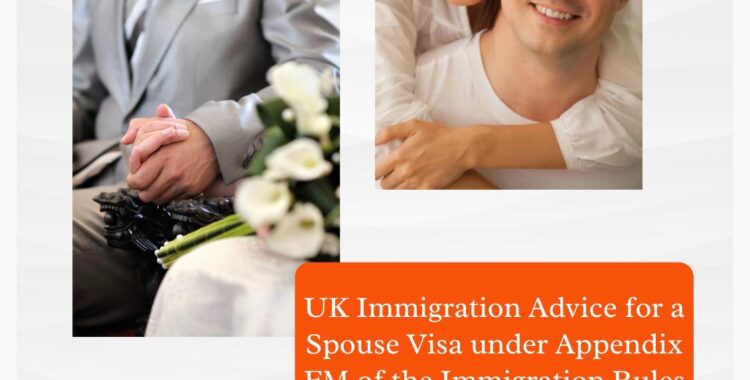£29,000 Partner rule comes into effect

Earlier this month the £29,000 income requirement for sponsors under Appendix FM (family members) came into effect.
The basic rule is now that qualifying sponsors (British citizens, settled migrants etc) who wish to sponsor their overseas partners to live with them in the UK must show that they earn at least £29,000 gross per year.
The previous figure, which up until 10th April was £18,600, was quite considerably lower, but is worth knowing that this figure of £18,600 was set over ten years ago, in 2012, and of course there has been inflation since then. But nonetheless this is a real terms increase and no doubt a lot of people will struggle to meet it.
The rules about qualifying savings remain structurally similar to what they were before but now the figures are a lot different. As before, if the earnings are less than the required amount then qualifying savings (which have been held for at least six months) can be used to make up the difference.
In the most extreme case, where there are no qualifying earnings and savings are being fully relied on, under the old rules the required amount of savings was £62,5000; now it is £88,500.
There is one item of “good news”. Under the new rules there is no extra earnings requirement for any children of the applicant. Under the old rules, if the applicant’s non-British children were also applying for visas along with the applicant the earnings requirement was higher, but this is no longer the case.
Another item of relatively good news is that migrants who applied for a fiancé(e)/proposed civil partner visa before 11 April 2024 and whose application is successful will have to meet the £18,600 rule, not the £29,000 one, when they apply for spouse/civil partner leave.
What happens if the earnings are not high enough?
The basic rules are strict: if the financial requirements are not met then an application cannot succeed, and there is no discretion for a “near miss”. There is however the possibility of making an application relying on other parts of the rules; these other parts of the rules are based around Article 8 of the European Court Convention on Human Rights (the right to private and family life) and the concepts of “exceptional circumstances”, “unjustifiably harsh consequences” and “insurmountable obstacles”.
As these words might suggest, the requirements of these other rules tend to be difficult to meet. Where there are deemed to be exceptional circumstances – deemed by the UKVI that is – other sources of income (from a friend or relative for example) may be taken into account. And even if there are no other sources of income available and the application cannot meet the standard rules an application can still potentially succeed if the facts are strong or compelling enough to successfully engage these extra principles.
But what do these expressions “exceptional circumstances”, “unjustifiably harsh consequences” and “insurmountable obstacles” really mean in practice? It is not very possible to provide any good answer to this question; it all depends on the facts of the case and the decision-making is a classic exercise in discretion and thus difficult to measure. Clearly, these concepts require something above the average, something above the normal, something that stands out.
The only real clue that emerges from Home Office published guidance is that special treatment and respect must be given to children: the best interests of children must be treated as “a primary consideration” – but not the primary consideration, ie they are not a trump card.
This is a difficult area, and if you are involved in it and you need help and advice we at GSN Immigration will do our best to assist you.
Oliver Westmoreland
Senior Immigration Lawyer



